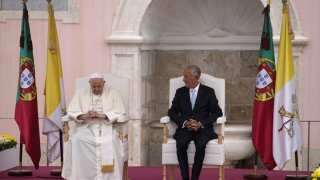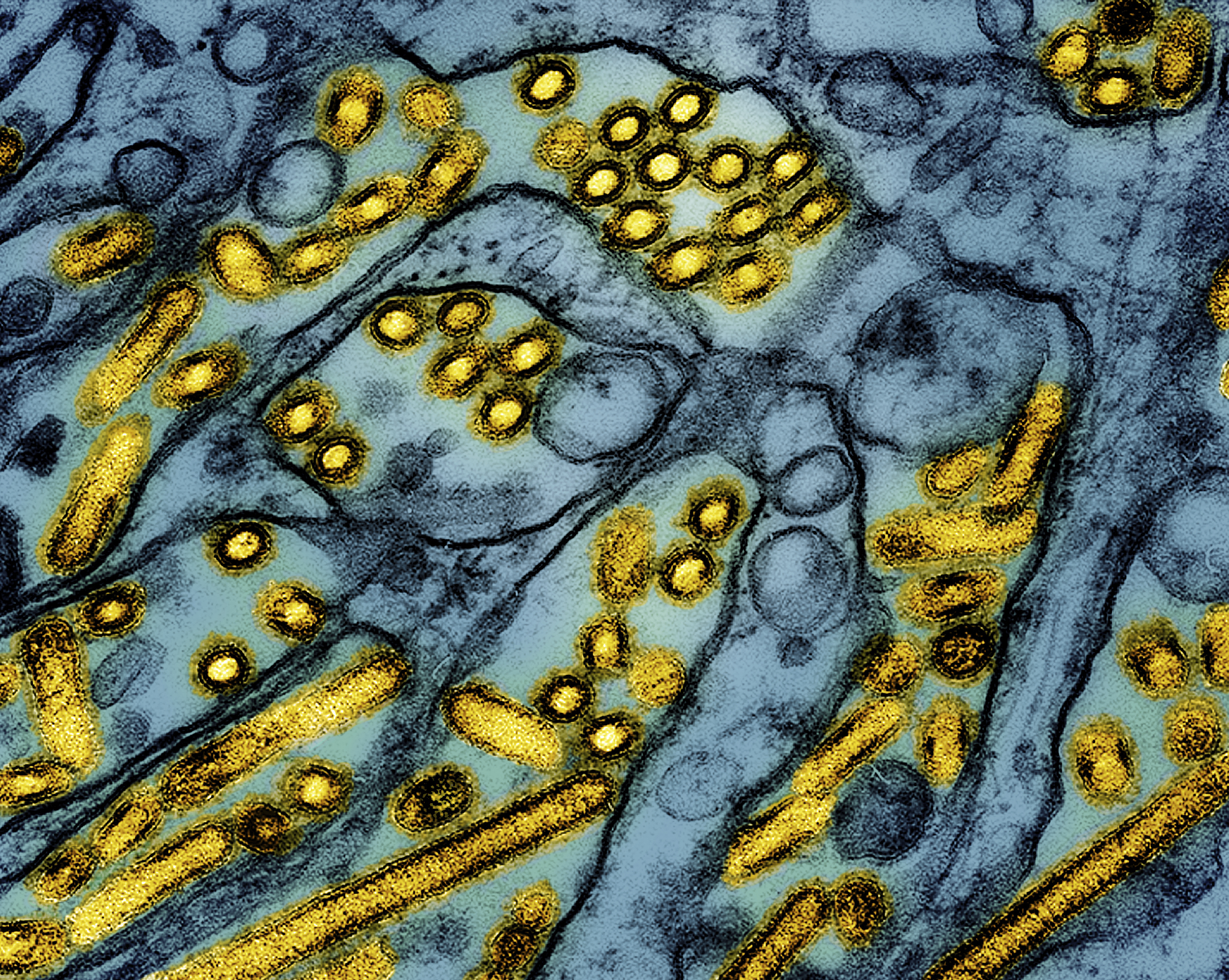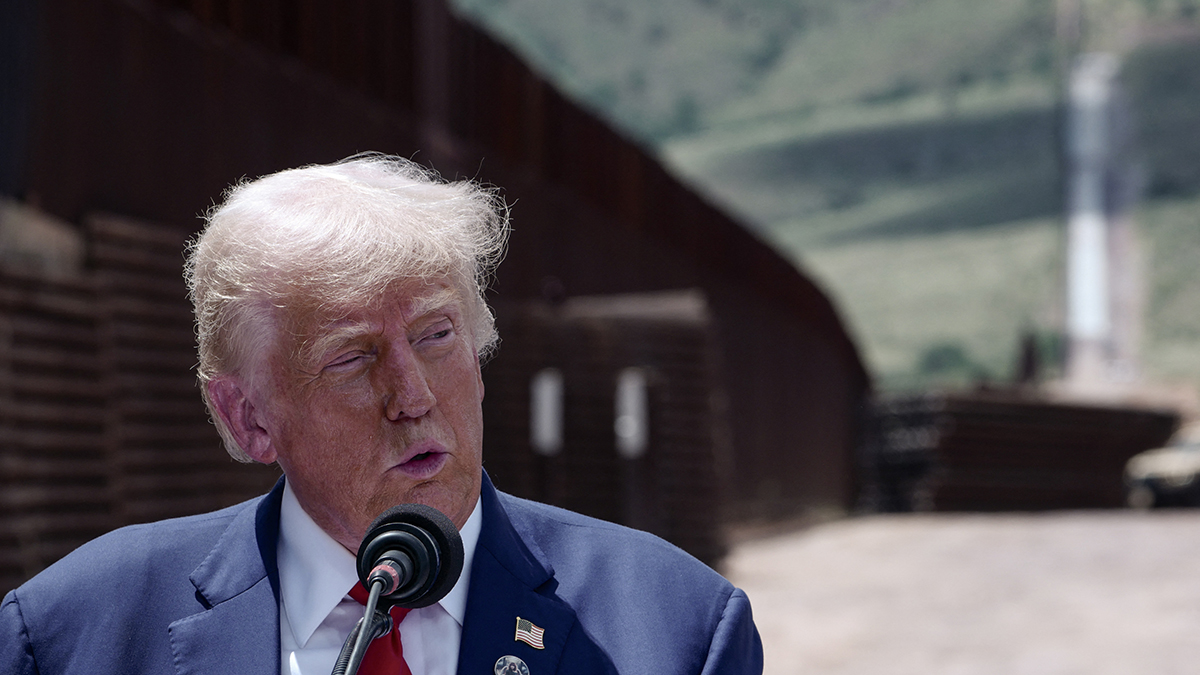
Pope Francis challenged Europe to retake its role as a peacemaker and bridge builder as he arrived Wednesday in Portugal to open World Youth Day, hoping to inspire the next generation of Catholics to work together to combat conflicts, climate change and other problems facing the world.
Francis was spending five days in Lisbon, blending a state visit and pilgrimage to the Catholic shrine at Fatima with the raucous trappings of World Youth Day, the Catholic jamboree that aims to rally young Catholics in their faith. More than 1 million young people from around the world were expected to attend the gathering, which culminates with a papal Mass on Sunday.
As he was traveling to Lisbon, Francis vowed to continue urging young people to “make a mess” – a reference to his now-famous exhortation at his first World Youth Day in Rio de Janeiro in 2013. It was a call for young people to shake things up in their parishes, and has come to symbolize Francis’ own revolutionary reforms that have shaken up the church at large.
Francis’ first stop was at the Belem National Palace, the official presidential residence in Belem, west of Lisbon, from where Portugal’s maritime explorers of the 15th and 16th centuries set sail. Francis referred to Portugal’s sea-faring history, its place in Europe and its openness to others in his opening remarks to Portuguese government authorities and the diplomatic corps at a nearby conference center.
“We are sailing amid storms on the ocean of history, and we sense the need for courageous courses of peace,” he said. “It is my hope that World Youth Day will be, for the ‘Old Continent,’ the aged continent, an impulse towards universal openness.”
Citing Russia's war in Ukraine, global warming and Europe’s demographic decline, he urged young people in particular to take up the mantle to build a future together.
Get Tri-state area news delivered to your inbox. Sign up for NBC New York's News Headlines newsletter.
“I dream of a Europe, the heart of the West, which employs its immense talents to settling conflicts and lighting lamps of hope,” Francis said. “A Europe capable of recovering its youthful heart, looking to the greatness of the whole and beyond its immediate needs. A Europe inclusive of peoples and persons, without chasing after ideologies.”
U.S. & World
Later Wednesday, Francis was heading to the 16th-century Jeronimos Monastery and church, arguably Portugal’s greatest monument. There, he was meeting with Portugal's Catholic hierarchy, who recently began the process of reckoning with their legacy of clergy sexual abuse.
Francis is widely expected to meet in private with abuse survivors this week and could well refer to the problem in his public remarks, as he has done during past foreign trips. Portuguese bishops were widely criticized for their initial response to the findings of an independent commission, which reported in February that at least 4,815 boys and girls were abused in the country since 1950, most of them ranging in age from 10 to 14.
The bishops long insisted there were only a handful of cases, and they initially balked at suspending active members of the clergy who were named in the commission's report. They also flip-flopped on paying reparations to victims, at first insisting they would only pay if ordered to by court rulings.
The Portuguese Catholic Church also promised in March to build a memorial to victims that would be unveiled during World Youth Day, but organizers scrapped the plan a few weeks ago.
In its place, victims’ advocates launched a campaign called “This is our memorial.” Hours before the pope arrived, they put up a billboard in central Lisbon reading “4,800+ Children Abused by the Catholic Church in Portugal.” They said it was paid for by a crowdfunding campaign that was so successful that organizers have enough money to put up more around the city, though it wasn't clear if Francis would see any during his visit.
St. John Paul II launched World Youth Day in the 1980s as a way to invigorate the next generation of Catholics in their faith, and the event is returning to European soil for the first time since 2016. Ukrainian and Russian youths were expected to attend, and the war in Ukraine will likely take center stage Saturday when Francis visits Fatima, the Catholic shrine which for over a century has been associated with an apocalyptic prophecy about peace and Russia.
Hot weather could be an issue during the five-day visit, given temperatures in Lisbon are expected to hit 35 C (95 F) on Sunday. Many young people were expected to camp out in the vast, unshaded Tagus Park starting Saturday afternoon, first to participate in an evening vigil and then to be in place Sunday morning for Francis’ final Mass.
Organizers said they installed 32 water tanks with 640 taps for filling water bottles, while the Lisbon City Council says it doubled the number of drinking fountains in the city to around 400.
Registered participants are receiving reusable water bottles and sunhats in their welcome knapsacks, but some were more worried for Francis, given his weakened condition: The 86-year-old Argentine pope was hospitalized for nine days in June to repair a hernia and remove scar tissue from previous intestinal surgeries.
“I'm going to pray that he is going to be OK," said Theresa Guettler, a nurse from Florida who is volunteering at the event. She recommended that Francis stay hydrated and follow his medical team's advice. “I trust that he has good doctors and good people taking care of him," Guettler said.
___
Associated Press religion coverage receives support through the AP’s collaboration with The Conversation US, with funding from Lilly Endowment Inc. The AP is solely responsible for this content.



